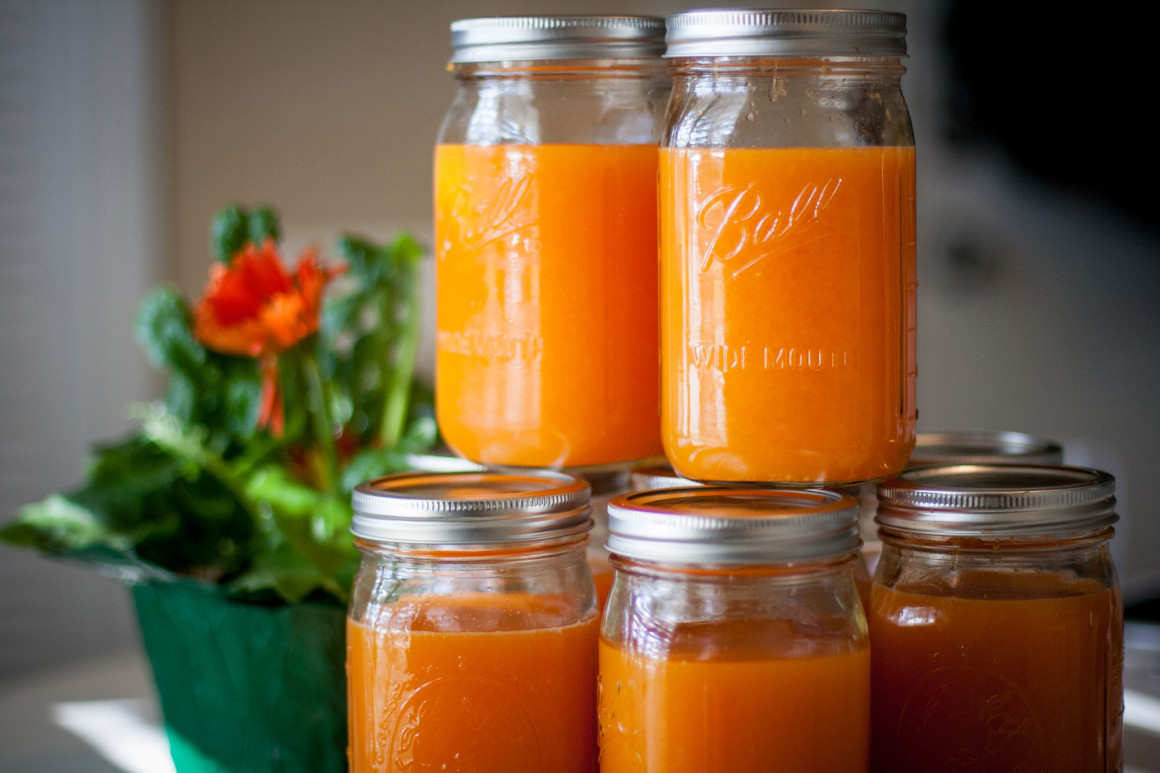
Juice should be a supplement, not a replacement
By Emilie Medland-Marchen, May 28 2015 —
Remember when açaí berry was the superfood touted as the key to instant weight loss? Before that it was kale. Before that, spinach. Now it’s juice.
A new health trend has hit Calgary. Juicing, a health binge emphasizing a diet of only raw juice, is the newest nutrition buzzword. The theory is that drinking fruit and vegetable juices detoxifies the body, cleanses your organs and ultimately leads to increased weight loss. But is there any substance behind these health claims?
Juicing is yet another spinoff of the raw foods diet, which emphasizes the consumption of raw fruits and vegetables and other uncooked
produce either exclusively or in excess. Health enthusiasts claim this high-carb and high-sugar (natural, not refined) diet boosts the metabolism by burning through carbohydrates quickly. By avoiding complex carbohydrates and saturated fats, the body is constantly digesting low-calorie, high-glucose meals. Its metabolism is supercharged, as the body quickly uses up fructose sugars, discouraging the storage of fat. That’s the claim, anyway.
New stores emphasizing this nutrition theory are popping up around Calgary, but their products are hyped up by the prospect of a desirable lifestyle. Cru Juice, a whole foods juice store, popped up last summer in Bridgeland, along with Juice Because, Well Juicery and Mamasu.
But shops like this aren’t selling a diet. They’re selling a lifestyle. The central desire of people who turn to these never-ending fitness trends seems to be the prospect of not only being healthy — but also becoming thin and attractive.
Cru Juice spends a lot of time on social media touting their exclusive #RawandReal lifestyle, but their website doesn’t point to any scientific studies on the health benefits of their juice. It’s about being thin, beautiful and healthy, while also selling a product. This lifestyle is likely more important than promoting long-term health.
It’s a shame because some scientific studies suggest juice can provide genuine benefits to an already healthy diet and lifestyle. But juice alone won’t cure your health woes.
Two studies presented at the International Symposium on Human Health Effects of Fruits and Vegetables in 2009 claimed the addition of pure vegetable juices to diets helped participants achieve their recommended daily serving of fruits and vegetables. Subsequently, this led to more weight loss in overweight individuals than in other non-juice drinkers. Another study from the US National Health and Nutrition Examination Survey found the consumption of pure juice in children between the ages of 12 and 18 led to a decreased risk of obesity.
The catch is that the juice must be 100 per cent pure fruit. No concentrate, no added sugars. It’s difficult to find this in juices sold at grocery stores, or the concentrated stuff found in most juicebox brands.
That’s where this new health trend comes in. Stores like Cru Juice do sell unpasteurized, pure fruit juice. But they tack it onto a dieting lifestyle that does more harm than good.
There’s no quick fix. Most health experts believe the safest option for weight loss is a balanced diet containing full recommended servings of all food groups. Healthy diets should supplement healthy lifestyles. It’s not enough to neglect daily physical activity and focus solely on diet.
Health is a two part equation, and the overall goal should always be long-term healthy development rather than weight loss or a certain body type. You can have your juice and drink it too — but you’re better off eating something else along with it.
